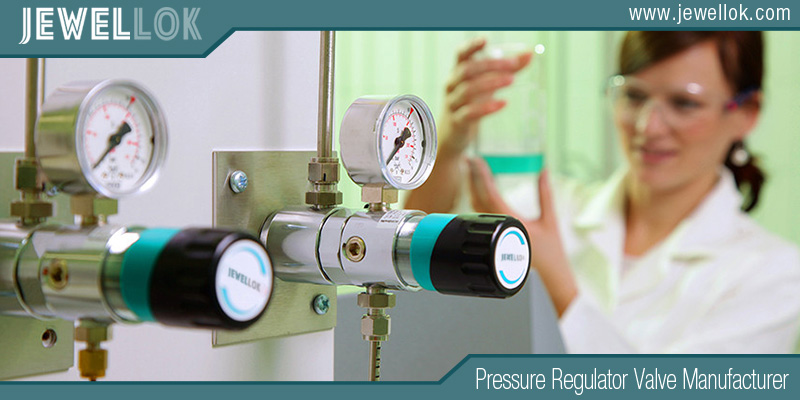Blog
Jewellok is a professional pressure regulator and valve manufacturer and supplier.
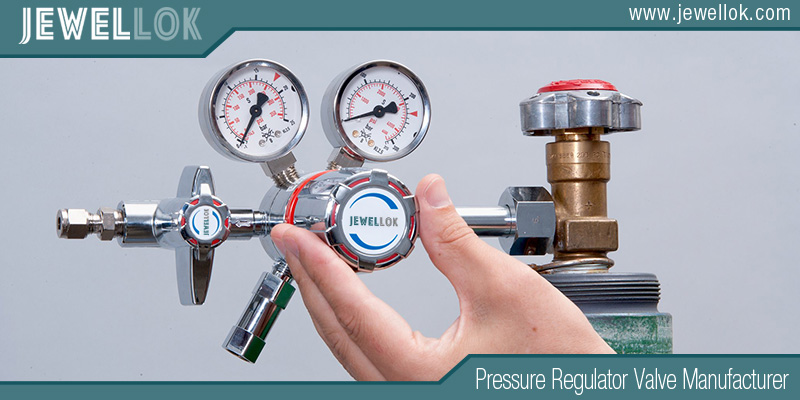
The Importance of Pressure Gauges for Nitrogen Gas: A Comprehensive Guide
- Pressure Regulator Valve Manufacturer
- 1 2 gas regulator, 2 inch irrigation valve, 6mm compression fitting, 8mm compression fitting, argon hose connector, automatic switching valve, Excess Flow Valve for Pressure Gauges, fluid systems components, gas pipeline valve, gas pipeline valves, gas semiconductor, gases used in semiconductor manufacturing, high flow co2 regulator, high purity valves, how does a needle valve work, how solenoid valve works, irrigation timer valve, laboratory gas valves, Low and High Pressure Gauges for Oxygen Regulator, low pressure gas regulator, pressure gauges factory, pressure gauges factory OEM, pressure gauges for nitrogen gas, pressure gauges hotsale, pressure gauges manufacturer, pressure gauges supplier, pressure gauges wholesale, pressure regulator, pressure regulator valve leaking, regulator valve alibaba international market, relief valve safety valve difference, safety valve and relief valve, single stage pressure regulator, timed water valve, two stage pressure regulator, valve timer water
- No Comments
The Importance of Pressure Gauges for Nitrogen Gas: A Comprehensive Guide
Nitrogen gas is widely used in various industries, including pharmaceuticals, food processing, electronics manufacturing, and chemical production. Monitoring nitrogen gas pressure in any system is crucial to ensure safe, efficient, and precise operations. Pressure gauges designed explicitly for nitrogen gas offer real-time readings that help maintain optimal pressure levels and avoid potential hazards like over-pressurization or leaks. This blog post will delve into the importance of pressure gauges for nitrogen gas, their types, selection criteria, and applications across industries.
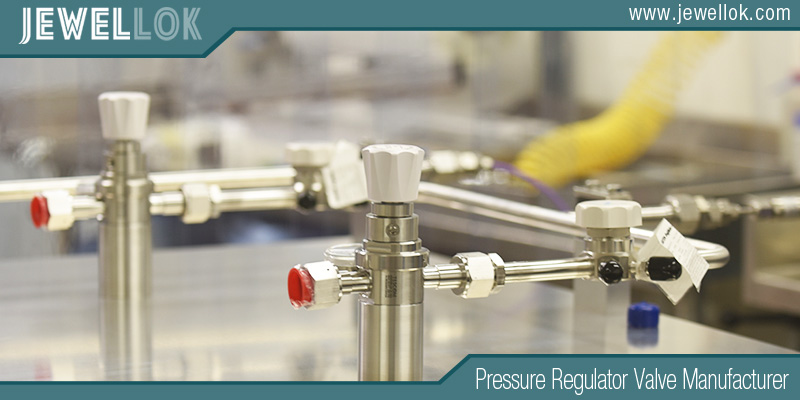
Why Pressure Gauges Are Essential for Nitrogen Gas Systems
Pressure gauges play a critical role in maintaining the functionality and safety of nitrogen gas systems. Nitrogen is an inert gas, often employed for applications such as purging, blanketing, and pressurizing tanks. Accurate pressure monitoring is necessary for the following reasons:
- Ensuring Safety: Nitrogen is used in various hazardous processes, including in the oil and gas industry. Pressure gauges help prevent over-pressurization, which could lead to accidents or damage to equipment.
- Maintaining System Integrity: Correct nitrogen pressure levels ensure systems operate efficiently, preventing downtime or the risk of contamination.
- Optimizing Performance: Accurate readings of nitrogen pressure help fine-tune operations, improving process efficiency and reducing wastage.
- Compliance: Certain industries, such as pharmaceuticals and food processing, require precise pressure control to meet regulatory standards.
Key Types of Pressure Gauges for Nitrogen Gas
Pressure gauges for nitrogen gas come in various types, each designed for specific applications and pressure ranges. Choosing the right type is essential for ensuring the accuracy and longevity of the gauge in a given environment. Here are the key types of pressure gauges:
- Bourdon Tube Pressure Gauges
- How They Work: Bourdon tube gauges are the most common type. They consist of a curved tube that straightens as pressure increases, translating this movement into a readable measurement.
- Best For: General-purpose applications where moderate pressure ranges are required. They are reliable, cost-effective, and easy to maintain.
- Advantages: Advantages include durability, accuracy, and suitability for high-pressure environments.
- Diaphragm Pressure Gauges
- How They Work: These gauges use a flexible diaphragm that deflects under pressure. The deflection is then converted into a pressure reading.
- Best For: Applications with lower pressures or where there are pulsating fluids.
- Advantages: Excellent for handling corrosive or sticky gases like nitrogen due to the protective diaphragm.
- Digital Pressure Gauges
- How They Work: Digital gauges use electronic sensors to measure pressure and display readings on a digital screen.
- Best For: Precision applications where high accuracy is required.
- Advantages: They offer highly accurate, easy-to-read digital displays, often with additional features like data logging or remote monitoring.
- Capsule Pressure Gauges
- How They Work: These gauges use a capsule of two metal diaphragms that expand or contract in response to pressure changes. This movement is converted to a readable pressure measurement.
- Best For: Low-pressure applications, such as monitoring nitrogen gas pressure in tanks and small pipelines.
- Advantages: Ideal for sensitive applications where low-pressure monitoring is critical.
Key Factors to Consider When Choosing a Pressure Gauge for Nitrogen Gas
Selecting the correct pressure gauge for nitrogen gas applications requires careful consideration of several factors. These factors ensure that the gauge will provide accurate and reliable readings, making it suitable for specific tasks. Below are the most critical considerations:
- Pressure Range: Ensure that the pressure gauge’s pressure range matches the operating conditions of your nitrogen system. A narrow range can lead to accurate readings, while too wide a range can reduce gauge resolution.
- Material Compatibility: The materials used to construct the pressure gauge should be compatible with the system’s nitrogen gas and other substances. For instance, brass may be unsuitable in specific environments, and stainless steel may be preferred for its durability and corrosion resistance.
- Accuracy and Precision: Different applications require different levels of accuracy. Consider whether you need a highly accurate gauge (for scientific or medical uses) or if a less precise gauge will suffice for general industrial purposes.
- Temperature and Environmental Conditions: The gauge should withstand the installation site’s operating temperature and environmental conditions. Products are designed to withstand extreme heat or cold, humidity, and chemical exposure.
- Connection Type: The type of connection (threaded, flanged, etc.) must match the specific requirements of your nitrogen system.
- Durability and Reliability: Depending on the application, you may need a gauge that can withstand frequent use or harsh conditions. If durability is a crucial concern, choose gauges with rugged construction.
Applications of Pressure Gauges in Nitrogen Gas Systems
Pressure gauges for nitrogen gas are used in numerous industries, each with distinct applications. Some typical applications include:
- Pharmaceuticals and Healthcare
- Use: Nitrogen is often used in the pharmaceutical industry to inert and create a controlled atmosphere. Pressure gauges ensure nitrogen is at the correct pressure for filling, packaging, and storing pharmaceuticals.
- Importance: Accurate pressure measurement ensures product quality, patient safety, and regulatory compliance.
- Food and Beverage Industry
- Use: Nitrogen gas is widely used for food packaging, storage, and preservation. It helps displace oxygen and extend product shelf life.
- Importance: Pressure gauges ensure the correct flow and pressure during the packaging process, which is essential for maintaining the freshness and safety of food products.
- Oil and Gas
- Use: Nitrogen is used for well-pressurization and pipeline purging to avoid the risk of explosions. Accurate pressure control ensures the safe handling of nitrogen during these processes.
- Importance: In high-pressure environments, a malfunctioning gauge could lead to hazardous situations, making accuracy and reliability a top priority.
- Electronics and Manufacturing
- Use: Nitrogen is used to create a clean environment in electronics manufacturing. Pressure gauges ensure that the nitrogen systems used maintain proper pressure levels.
- Importance: Prevents contamination during the production of sensitive components.
- Laboratories and Research
- Use: Nitrogen is used in research environments for controlled experiments, gas chromatography, and creating an inert atmosphere for specific reactions.
- Importance: Precision pressure monitoring is necessary for reproducibility and safety in laboratory settings.
Regular Maintenance and Calibration of Nitrogen Gas Pressure Gauges
Regular maintenance and calibration are essential to ensure that nitrogen gas pressure gauges perform optimally. These features help maintain accurate readings and prolong the lifespan of the gauges. Here are some maintenance tips:
- Inspect Gauges Regularly: Check for visible damage, corrosion, or leaks. Address any sign of wear or malfunction immediately.
- Calibrate Periodically: Pressure gauges can drift and become less accurate over time. Regular calibration ensures that the readings remain precise.
- Clean the Gauges: Dust, dirt, or residue buildup can obstruct the gauge’s functioning. Regular cleaning is necessary, especially if the gauge is exposed to harsh chemicals or gases.
- Test for Leaks: Ensure that the pressure gauge is sealed correctly and there are no leaks in the system. Even a tiny leak can affect the gauge’s performance and safety.
Conclusion
Pressure gauges are a vital component in any system using nitrogen gas. Industries can maintain safe, efficient, and reliable operations by selecting the correct type of pressure gauge and ensuring its proper maintenance. Whether in food packaging, pharmaceutical manufacturing, or oil and gas applications, monitoring nitrogen gas pressure is essential for performance, safety, and compliance. Regular maintenance and calibration of pressure gauges will ensure accuracy and extend the lifespan of these crucial tools, ensuring that nitrogen gas systems operate smoothly and safely.
For more about the importance of pressure gauges for nitrogen gas: a comprehensive guide, you can pay a visit to Jewellok at https://www.jewellok.com/ for more info.
Recent Posts
Tags
Recommended Products
-
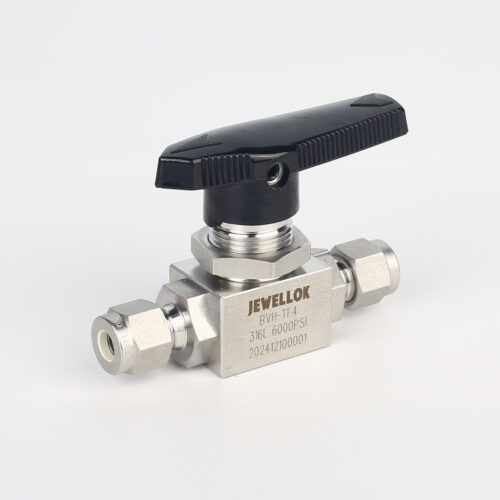
High Purity High Pressure 316 Stainless Steel Ball Valves JBV1 Series From High Pressure Ball Valve Manufacturer And Supplier In China
-
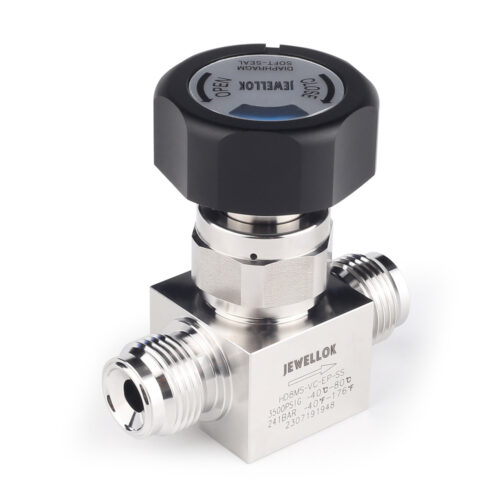
Stainless Steel Ultra High Purity (UHP) High Pressure Manual Diaphragm Valve
-
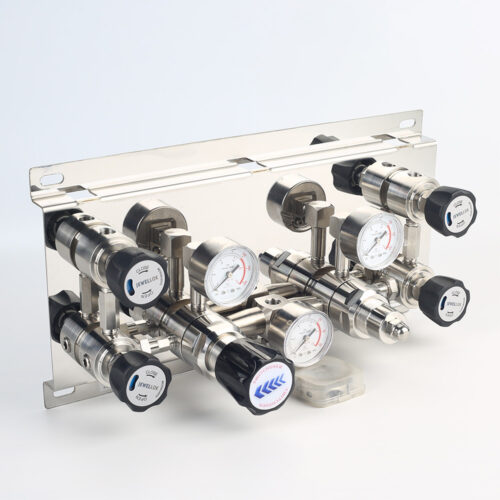
Pressure Control Panels For High Purity Gas Control System JSP-3AE Series From Pressure Control Panels Suppliers And Manufacturer
-
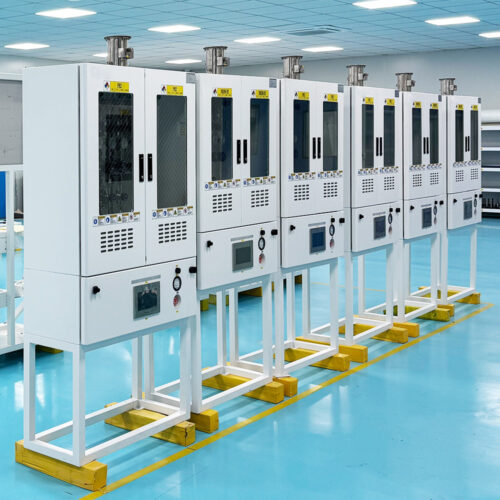
VMB Valve Manifold Panels And Boxes High Purity Configurable Systems JW-200-VMB & JW-100-VMB
-
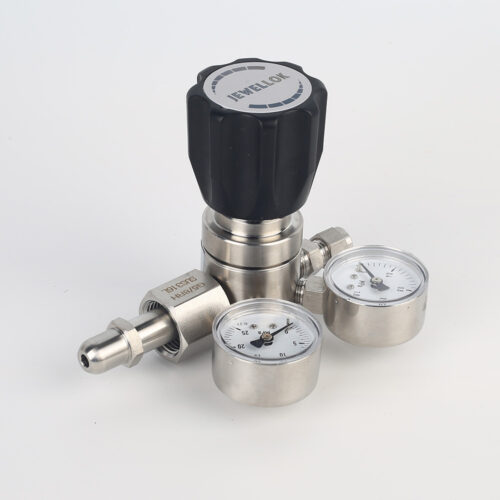
High Purity High Pressure Gas Cylinder Pressure Regulators Pressure Reducing Valve JSR-1E Series
-
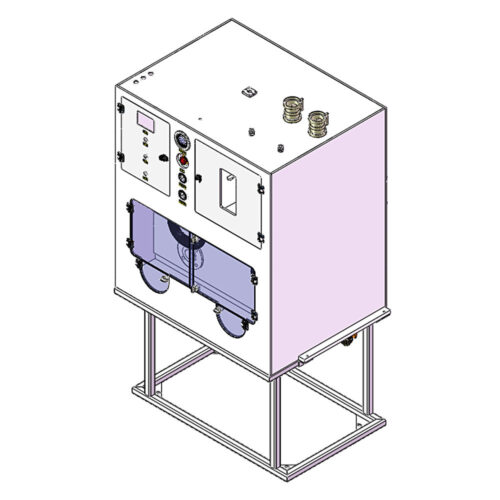
Clean Connection Cabinet JW-300-CCB Valve Manifold Box And Control Valve Box
-
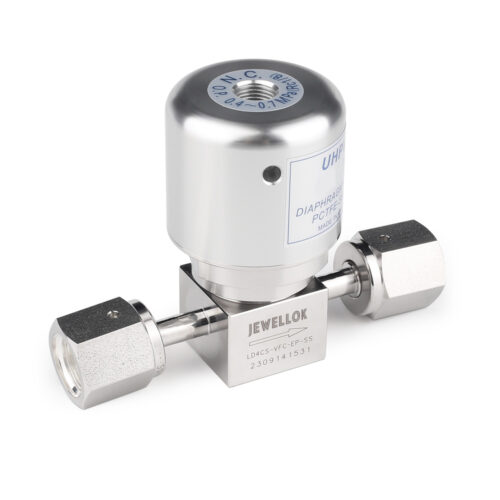
Stainless Steel Low Pressure Seal Pneumatic Diaphragm Control Valve For For HP & UHP Gases
-
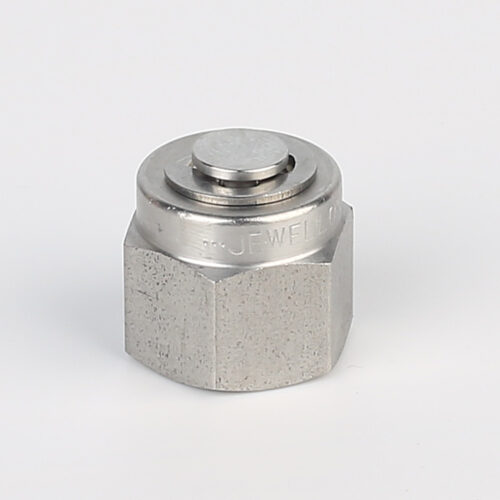
7121L Plug High Purity Plug Fitting And Blanking Plug
